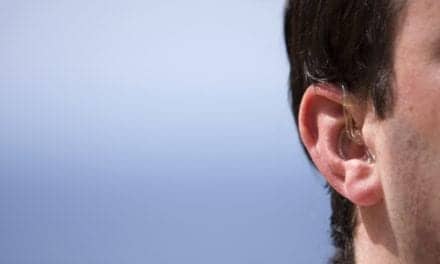Researchers have found that patients with cystic fibrosis (CF) recover from exacerbations equally well if they are treated at home or in a hospital. Furthermore, longer treatment with antibiotics does not appear to offer any additional benefit over shorter courses, according to the study published in the American Thoracic Society’s American Journal of Respiratory and Critical Care Medicine.
The researchers from Johns Hopkins University used data from 1,535 individuals in 755 families from the US Cystic Fibrosis Twin-Sibling Study—a large, multicenter study. The analysis of the Twin-Sibling Study data compared levels of baseline lung function (FEV1) to lung function at the end of treatment and over the year after treatment.
The researchers found that exacerbations were followed by long-term declines in lung function regardless of whether antibiotics were administered in the hospital or at home, and no difference in intervals between courses of antibiotics was observed between hospital and home.
“This research indicates that intravenous antibiotic therapy for CF respiratory exacerbations administered in the hospital and in the home may be equivalent in terms of long-term FEV1 change and interval between courses of antibiotics,” said J. Michael Collaco, MD, assistant professor at Johns Hopkins. “Furthermore, we found that, based on improvement of FEV1, optimal duration of therapy may be 7 to 10 days, as opposed to between 10 and 21 days, as is seen in current practice.”
Patients who had a greater decline in lung function prior to starting therapy experienced steeper long-term declines following that course of therapy, indicating that more severe exacerbations have long-lasting effects, regardless of short-term treatment success.
“This finding implies that patients with drastic drops in lung function with an exacerbation should be monitored more closely following treatment, for even with recovery of lung function, they remain at higher risk for greater long-term decline,” said Collaco.
Collaco acknowledged that subjects participating in the Twin-Sibling Study may be more motivated than the general CF population, and thus may have increased compliance with antibiotics and chest physiotherapy when treated at home. The subjects are also members of families where more than one sibling has CF, thus the families may be more adept with home care, which could have biased the outcome toward the benefit of home therapy.
“Ultimately, given the decline in baseline FEV1 after an exacerbation, preventing exacerbations may be more important than the approach taken to treat the exacerbation,” added Collaco.
Source: American Thoracic Society









